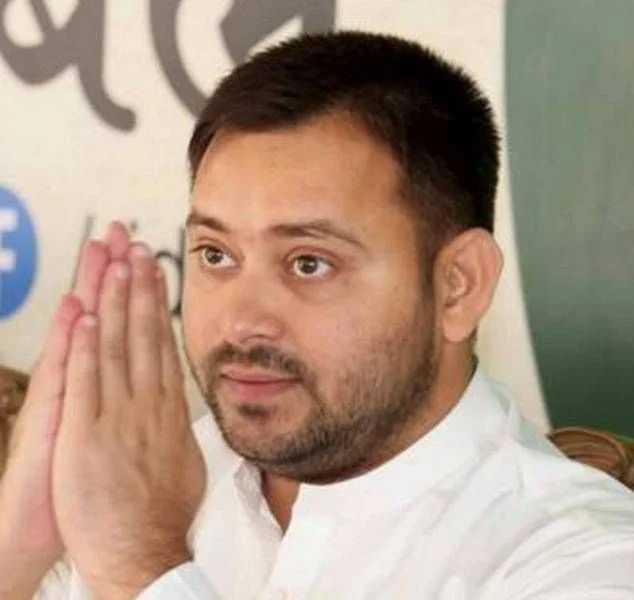In a significant legal development, the Supreme Court on Tuesday nullified a criminal defamation complaint lodged against Rashtriya Janata Dal (RJD) leader Tejashwi Yadav. The decision came after Yadav submitted an apology affidavit to the apex court, retracting his controversial statement that “only Gujaratis can be thugs.”
The apology from the RJD leader follows a directive from the Supreme Court issued on January 24, granting Yadav a one-week window to formally withdraw his remarks. This directive stemmed from Yadav’s plea to transfer the criminal defamation case against him, pending in an Ahmedabad court, to a venue outside the state, preferably Delhi.
The legal battle originated when Haresh Mehta, vice-president of the Ahmedabad-based non-profit All India Anti-Corruption and Crime Preventive Council, filed a defamation complaint against Yadav last year. Mehta alleged that Yadav’s remarks disparaging the Gujarati community amounted to defamation.
Relief For #TejashwiYadav In Defamation Case
SC quashes complaint against for remark against Gujarati
Tejashwi Yadav filed an apology affidavit in SC, SC accepted apology affidavit#SupremeCourt | @NivedhanaPrabhu | @harishvnair1 reports pic.twitter.com/nyWtyZHmsh
— Mirror Now (@MirrorNow) February 13, 2024
Yadav’s controversial statement, made on March 22, 2023, sparked outrage among the Gujarati community. In his remarks, Yadav suggested that only Gujaratis could be fraudsters, insinuating that their actions would be pardoned due to the ethnic background of the Prime Minister and the Home Minister.
The statement, deemed factually incorrect and derogatory, drew sharp criticism not only for its disparaging nature but also for Yadav’s own legal entanglements, including his involvement in the Land-for-Job scam during his father Lalu Prasad Yadav’s tenure.
The Supreme Court’s decision to quash the defamation case marks a pivotal moment in the legal saga surrounding Tejashwi Yadav’s contentious remarks, underscoring the complexities of free speech and defamation laws in contemporary India.



















Comments